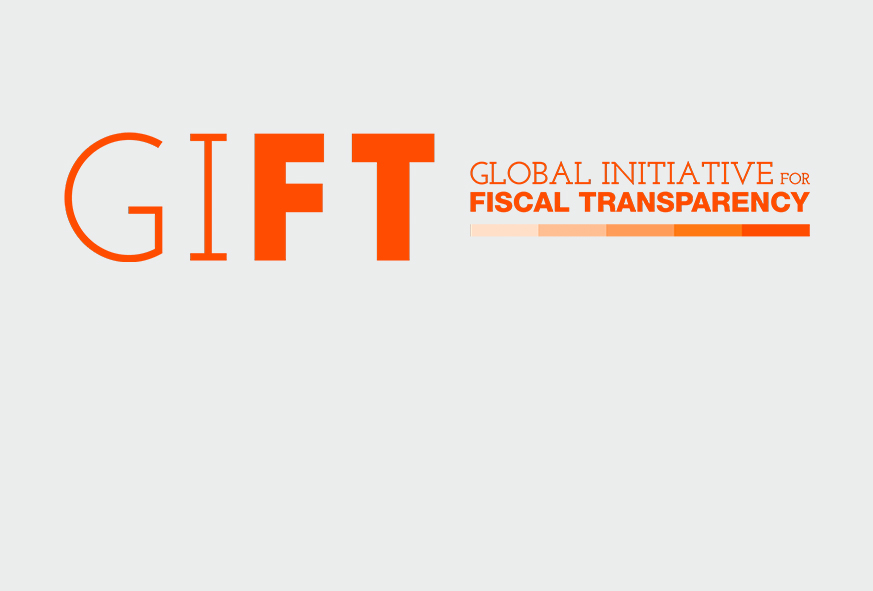- Successful
reforms are not just
about “best
practice.” To
be effective, policies
must guarantee
credible commitment,
support coordination,
and promote
cooperation.
- Power
asymmetries can
undermine policy
effectiveness. The
unequal distribution
of power in the policy
arena can lead to exclusion,
capture, and
clientelism.
- Change
is possible.
Elites, citizens, and
international actors
can promote change by
shifting incentives,
reshaping preferences
and beliefs,
and enhancing the contestability of
the decision making
process.
- Three
guiding principles
for rethinking
governance for
development are:
- Think
not only about the form of
institutions, but also
about their functions.
- Think
not only about capacity
building,
but also about power
asymmetries.
- Think
not only about the rule
of law, but
also about the role
of law.
See
the publication here: http://www.worldbank.org/en/publication/wdr2017
|
|

